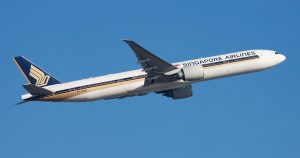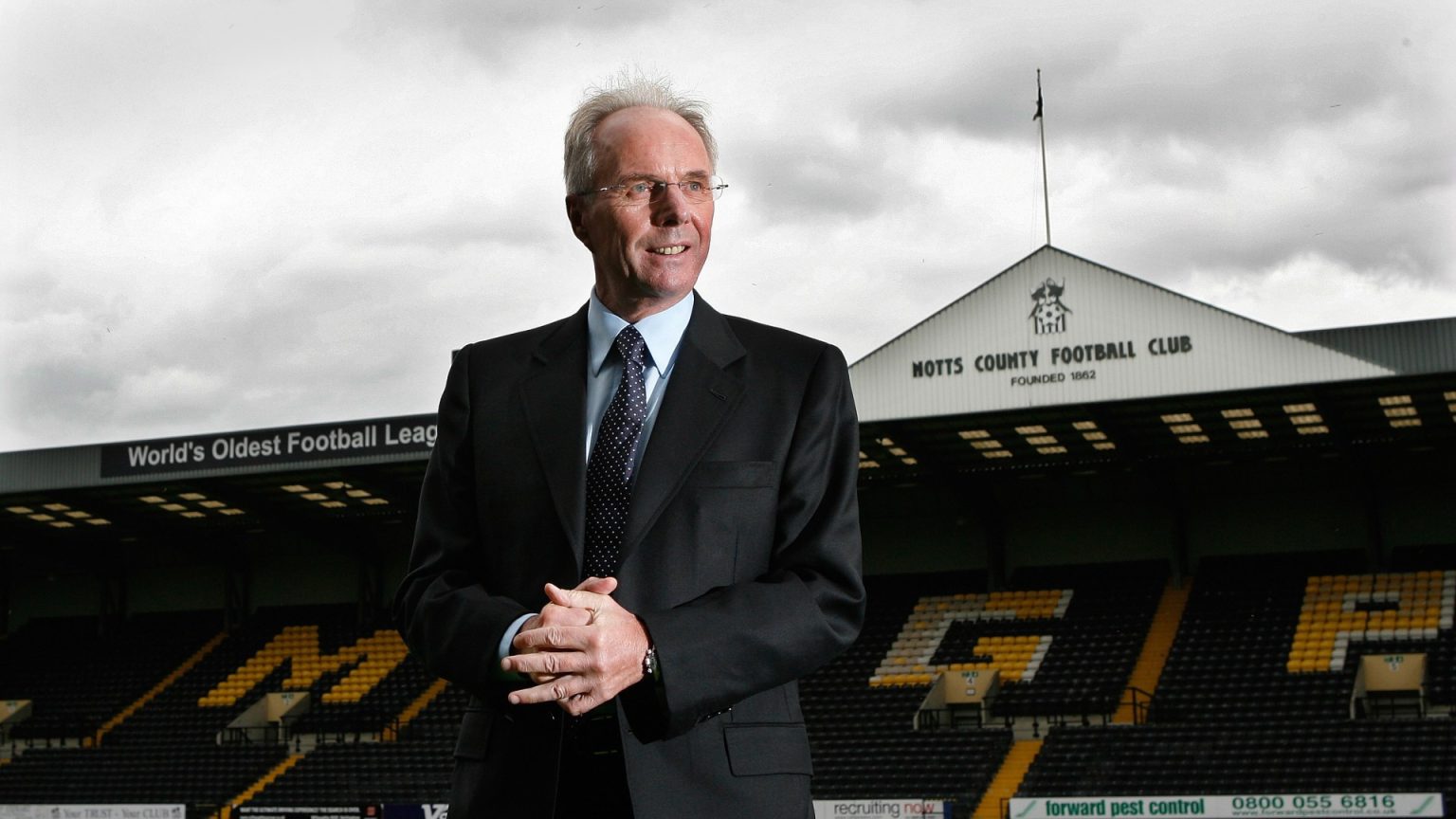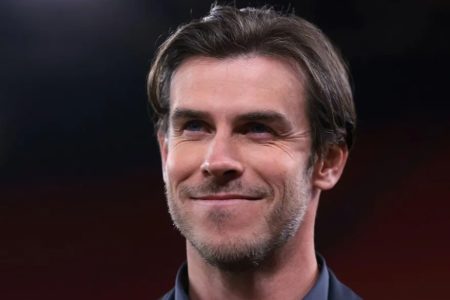Sven-Göran Eriksson, the renowned football manager, passed away from pancreatic cancer in August 2023 at the age of 76, leaving behind a legacy that spanned across several countries and decades. His career was marked by both triumphs and controversies, from leading England to the World Cup quarter-finals to navigating personal financial challenges. Following his death, it was revealed that Eriksson had substantial debts, including a significant sum owed to the UK’s tax authorities. This financial situation led to the auctioning of a collection of his personal belongings, a poignant reflection of his illustrious career.
The auctioned items offered a glimpse into Eriksson’s journey through the world of football. Among the memorabilia were pieces of clothing, such as Armani suits worn during his tenure as England manager, and symbols of his on-field successes, such as winning medals from his time with Italian clubs Lazio and Roma. A signed jersey from Didier Drogba, the Ivorian striker whom Eriksson managed during his stint as Ivory Coast’s national coach, further highlighted his international connections. These items not only held monetary value but also represented significant moments in Eriksson’s career, offering a tangible connection to his past achievements.
Eriksson’s managerial career commenced in his native Sweden in 1977, where he achieved early success. His subsequent move to Portugal marked a significant turning point, as he led Benfica to consecutive league titles. This success paved the way for his entry into Italian football, where he managed prominent clubs like Roma, Fiorentina, Sampdoria, and Lazio, accumulating several Coppa Italia titles and a Serie A championship. His accomplishments in Italy solidified his reputation as a skilled tactician and a winner, attracting the attention of football associations worldwide.
The pinnacle of Eriksson’s career arguably came with his appointment as the manager of the England national team in 2001, becoming the first foreigner to hold the position. He guided the “Golden Generation” of English footballers, including stars like David Beckham, Wayne Rooney, and Steven Gerrard, through two World Cups and a European Championship. While England reached the quarter-finals in the 2002 World Cup, ultimately losing to Brazil, Eriksson’s tenure was marked by both moments of promise and periods of intense scrutiny from the English media.
Following his departure from the England national team after the 2006 World Cup, Eriksson’s career took on a more nomadic character. He managed clubs in various countries, including Manchester City in the Premier League, as well as teams in Mexico, China, and the Philippines. He also took on the challenge of managing the Ivory Coast national team, further demonstrating his versatility and willingness to embrace new experiences. His later years in football were marked by a more peripatetic approach, reflecting a desire to continue his involvement in the sport on a global scale.
In the final chapter of his life, Eriksson faced a significant health challenge with his cancer diagnosis. Despite this adversity, he continued to engage with the football community, even leading out Liverpool Legends in a charity match. His final message, captured in a documentary, conveyed a sense of acceptance and gratitude for the life he had lived. Eriksson’s willingness to openly discuss his illness and share his reflections on his life and career demonstrated his resilience and desire to leave a positive impact. The auction of his personal belongings, while prompted by financial circumstances, ultimately served as a poignant reminder of his extensive and impactful career in the world of football.











